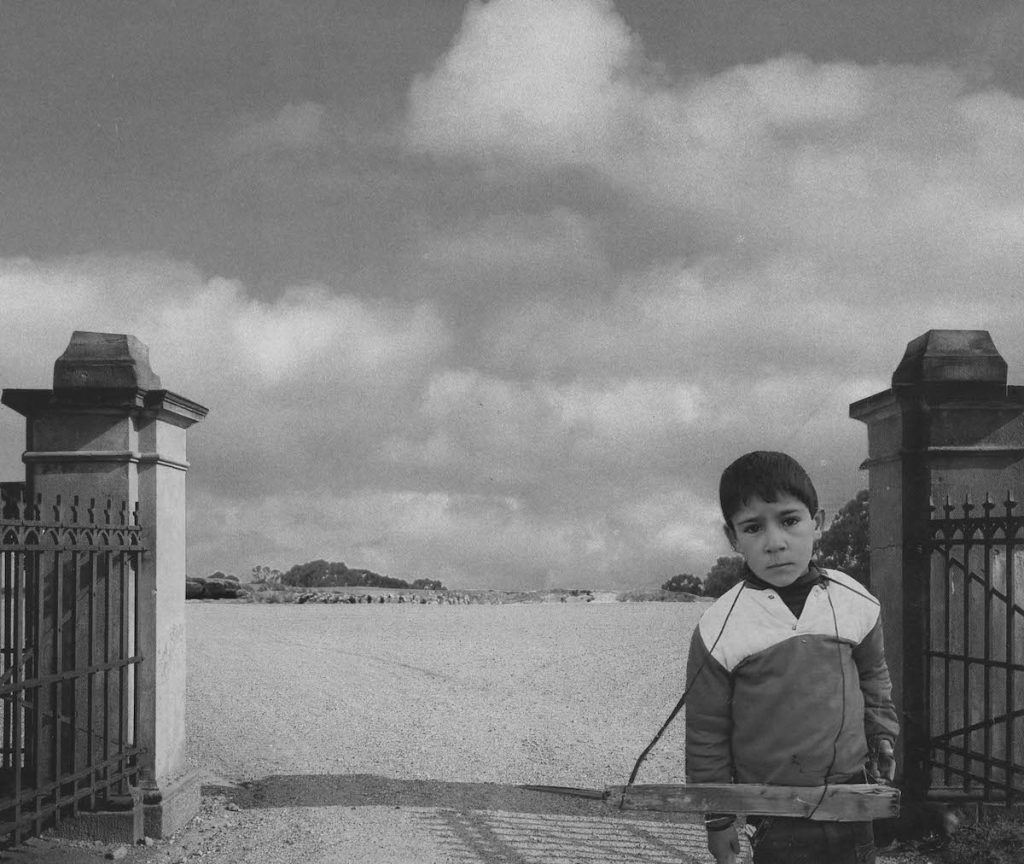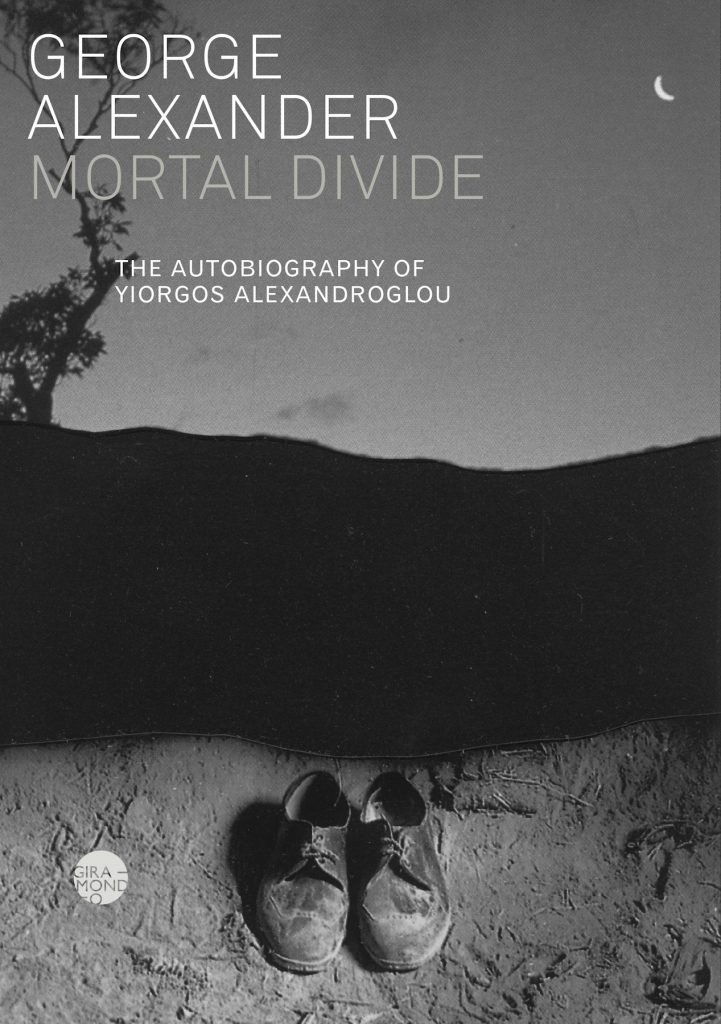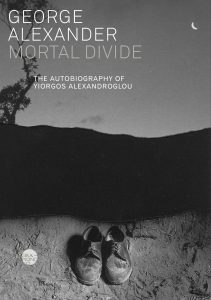Extract: Mortal Divide by George Alexander
Read an extract from Mortal Divide, George Alexander’s award-winning novel, and one of the great works of Australian literature on the relationship between migration and identity. First published in 1997, the book was re-released in 2022, with illustrations by Peter Lyssiotis. Click here to read the extract in PDF format.
It had been ten years since I had been to Perth. Ten years since I had last visited my father. Like every city, Perth has its own odour, a scent most distinct during the hours before dawn. There is salt in the air of course, a nod to the abiding presence of the Indian Ocean.
But on certain nights when the breeze blows from the north-east, a more powerful essence soaks the dark air: the ancient memory of the desert. Maybe that’s why Dad liked it here. Like the dunes in the deserts of Islam. Peter Weir’s film Gallipoli rhymes the two deserts well: one eroded and sub-lunar, the other mystical.
I try and make sense of these rhymes between Egypt and Australia – the frangipani would have been familiar, and the flame trees; the Khamseen wind that behaved like the Fremantle Doctor; the yachts on the Swan and the feluccas on the Nile; the Islamic refrain of maalesh and the Aussie’s ‘she’ll be right’; the shared sense of the sacredness of the land, of the land – al-Khemi – around the delta-rich Nile, and the Rainbow Serpent crossing the Swan; the fellaheen and the blackfella.
Perth today has an architectural skyline like the punched cards of a computer. It hums with the hubbub of a clamorous and anxious culture about to jettison its innocence. But this July morning, off the plane from Sydney to the hospital, the ancient memory of the desert remains, and it is as if all the gleaming old hotels and banks and shopping centres, the schools and churches, are some dull afterthought.
Going through his flat, sorting out his clothes, there wasn’t much to pass on: his small cups for Turkish coffee, his hookah, nargileh, waterpipe, his naturalisation papers signed by Harold Holt, and an 8×11 jiffybag, that felt like a sort of MS in the raw. Notes maybe, or studies put together against a book unwritten – recipes – a treatise on the iskander kebab? – dreams. And heavily inscribed on this jiffybag, ‘only to be opened on my lawyer’s instructions’.
Who was my father really? What sort of man? Wolf or sheep, true or false, sweet or sour? My mother, who took me away to Sydney (at two, three, five finally), claimed he was a gambler, always at a forwarding address. The first sounds I heard – I tell my friends – were the clatter of dice cubes and ice cubes. Between his chef-ness and his cigars he used up all the oxygen in the room, and so was happiest with women who breathed shallowly and aspired only to excellence in the art of devotion.
Kyriakos, an absent father. So to me he became a mythic figure like Dionysius or The Crucified, but done up as Flash Harry, lovable hustler.
‘Today,’ says the doctor, ‘forms of masculinity are in crisis. You know all those inner wild man weekends? People trying to figure out from the inside relationships between fathers and sons.’
‘Yeah, but I ain’t going to no session where they beat up on trees, pound nails, snore loudly and have open-mike poetry yelling,’ I said. ‘Alys doesn’t mind. “Just take the garbage on your way out.”
…I hope, Doc, I don’t turn into one of those guys over forty for whom football is more real than women…No, I’m just trying to figure out what sort of man my father was – storyteller, rebel, warrior, trickster, songster, natural gent, man’s man, a man born with his boots on, a man born with roses in his mouth – and also to figure out how one dreams oneself together as a man.’
‘The normative transitions from youth to maturity have been blocked. Doubly so with you. Write it out, bridge those broken transitions,’ he said.
So, Toto, I’m trying to connect the dots, pick up the pieces.



